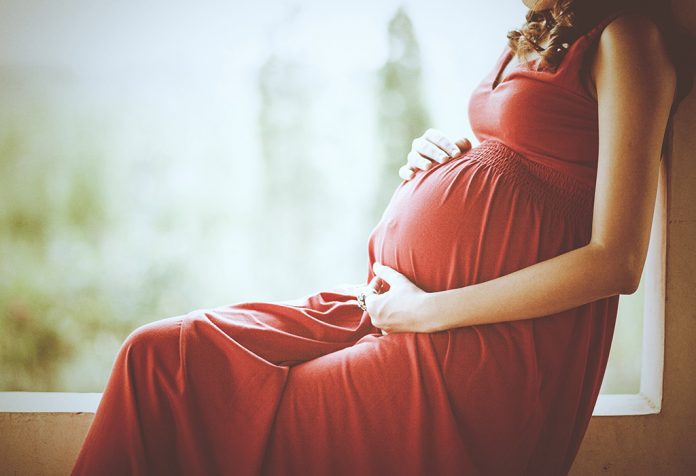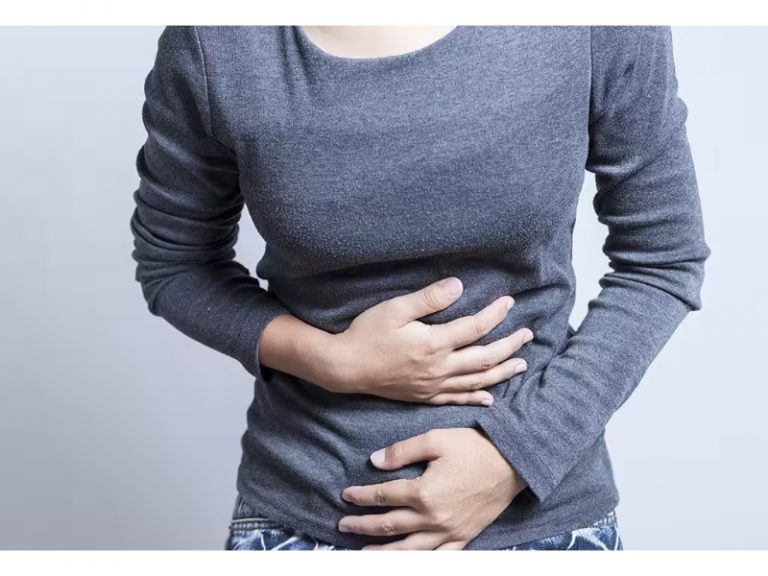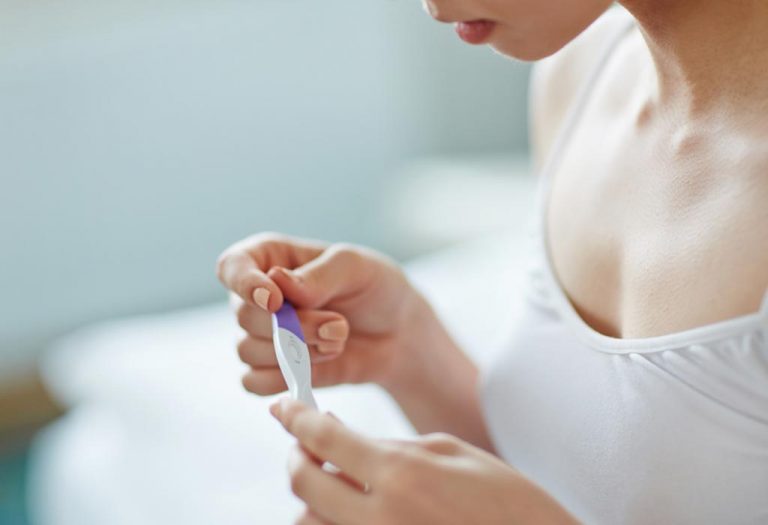Is Diarrhea a Sign of Pregnancy?
Pregnancy symptoms are varied, confusing, and not in the least pleasant. From morning sickness and acid reflux to swollen ankles and a sore back, you can imagine the discomfort a pregnant woman is in. One of these symptoms is diarrhea. Diarrhea, often considered an inconvenient but common gastrointestinal issue, is typically associated with various factors such as diet, infections, and chronic conditions. Many pregnant women experience loose stools, especially in early pregnancy, as the baby grows rapidly. This then poses the question, is diarrhoea a sign of pregnancy? Before a missed period, a bout of diarrhoea can make this seem likely. But let’s explore if it holds true otherwise.
Can Diarrhea Be a Sign of Pregnancy?
Many women wonder, “Is diarrhea a sign of early pregnancy?” While diarrhoea is not a good indicator of pregnancy, some women do experience gastrointestinal changes due to hormonal shifts, which can lead to symptoms like diarrhea. You can be sure of being pregnant only by taking a valid pregnancy test.
This is because diarrhea may be caused by various reasons, many of which have nothing to do with being pregnant. You may have changed your diet, which upset your digestive system, or you may have caught an infection in your intestine. Indigestion, digestive disorders, and urogenital disorders may also be a reason for severe loose stools.
Should You Worry?
The onset of diarrhea after a missed period does not need to be a reason for worry. As mentioned, pregnant women may experience diarrhoea, but it is not a sure indicator of pregnancy. If you notice that your diarrhea symptoms are not long-term, you have nothing to worry about. However, if you face any other symptoms like blood in the stool, high temperature, and nausea, along with diarrhea, it is best to consult a doctor to rule out any serious concerns (1).
Effective Measures to Stop Diarrhea
If you have diarrhea, there is no major concern unless it is accompanied by the symptoms mentioned above. However, this does not stop one from feeling intensely uncomfortable and annoying. While it will reduce on its own, it is better to do something from your end to expedite the process. Here are some things that you can do to get your diarrhoea under control.
- Avoid eating liquid food. Don’t pick up a bowl of soup for a meal if you experience loose stools. It can worsen the bowel movements.
- Water, however, is good. It will keep you from getting dehydrated.
- Don’t eat spicy or excessively salty food.
- Eat foods rich in probiotics, such as yoghurt and cottage cheese. This will help promote good bacteria in your intestine and normalise your gastrointestinal system (5).
- Eat low-fibre foods like rice, banana, oatmeal, etc., which will help firm the stool (4).
- Over-the-counter medicines like Pepto Bismal and Imodium. It is best to seek a doctor’s consent before you consume these.
- Alternately, you can try home remedies like chamomile tea, orange peel tea, fenugreek seeds (powder the seeds, mix them in water, and drink them), etc., to treat diarrhea (6).
FAQs
1. How do hormonal changes during pregnancy affect the digestive system?
Hormonal changes, particularly an increase in progesterone, can slow down the digestive system, leading to constipation in some women and diarrhoea in others. These hormonal shifts can also make the digestive system more sensitive, increasing susceptibility to gastrointestinal disturbances (2).
2. Is diarrhoea during pregnancy harmful to the baby?
Mild diarrhea is usually not harmful to the baby, but it can lead to dehydration, which can be a concern for both mother and child. It’s essential to stay hydrated and consult a healthcare provider if diarrhea is severe or persistent (3).
Diarrhoea, although not a definitive sign of pregnancy, can be a hassle to deal with. If you experience it, do not assume that diarrhea is a symptom of early pregnancy. Instead, take a pregnancy test and confirm. You can then take measures to get much-needed relief from diarrhoea.
References/Resources:
1. Diarrhoea and vomiting in pregnancy; Tommy’s; https://www.tommys.org/pregnancy-information/pregnancy-symptom-checker/diarrhoea-and-vomiting-pregnancy
2. Gomes. C. F, Sousa. M, Lourenço. I, et al.; Gastrointestinal diseases during pregnancy: what does the gastroenterologist need to know?; PubMed Central; https://www.ncbi.nlm.nih.gov/pmc/articles/PMC6033757/#
3. Diarrhoea and vomiting; NHS; https://abbhealthiertogether.cymru.nhs.uk/pregnant-women/worried-you-are-unwell-during-pregnancy/diarrhoea-and-vomiting
4. Low Fiber Diet for Diarrhea; Penn Medicine; https://www.med.upenn.edu/nets2023/assets/user-content/documents/low-fiber-diet-for-diarrhea.pdf
5. Can probiotics help against diarrhea?; National Library of Medicine; https://www.ncbi.nlm.nih.gov/books/NBK373095/#
6. Elmaghraby. D. A, Alsalman. G. A, Alawadh. L. H, et al.; Integrated traditional herbal medicine in the treatment of gastrointestinal disorder: the pattern of use and the knowledge of safety among the Eastern Region Saudi population; PubMed Central; https://www.ncbi.nlm.nih.gov/pmc/articles/PMC10591345/#
Also Read:
Unique Signs & Symptoms of Pregnancy
Pregnancy Symptoms after Missed Period
Early Pregnancy Symptoms before Missed Period
How to Know You Are Pregnant Without a Test?
Should You Be Worried If Your Pregnancy Symptoms Come and Go
Was This Article Helpful?
Parenting is a huge responsibility, for you as a caregiver, but also for us as a parenting content platform. We understand that and take our responsibility of creating credible content seriously. FirstCry Parenting articles are written and published only after extensive research using factually sound references to deliver quality content that is accurate, validated by experts, and completely reliable. To understand how we go about creating content that is credible, read our editorial policy here.



































